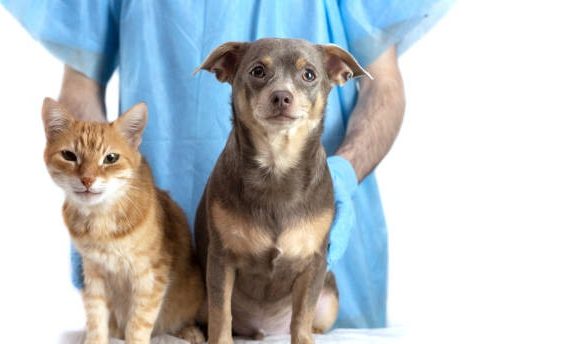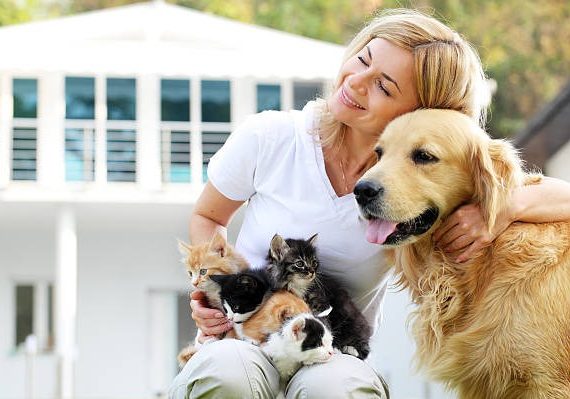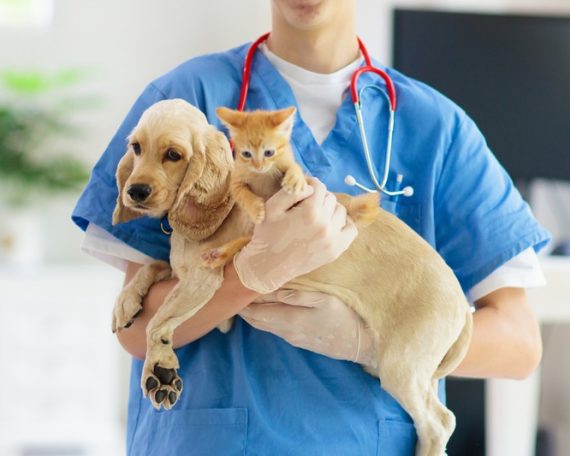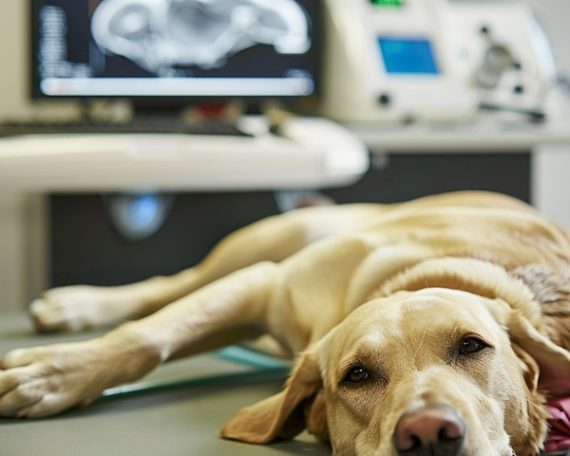What Happens During a Pet Wellness Checkup?
Our furry friends mean the world to us, and keeping them healthy is a top priority. Taking your pet for a regular wellness checkup is a crucial part of responsible pet ownership. But what exactly happens during these checkups? Let’s walk through the steps to help you understand what to expect and why they’re so important.
1. Initial Greetings and Basic Information
The first part of any pet wellness checkup typically involves greetings and some basic information exchange. The veterinary staff will often ask you questions about your pet’s recent behavior, diet, exercise, and any noticeable changes. This information sets the stage for the rest of the examination and helps identify any specific areas that need extra attention.
2. Physical Examination
Head-to-Tail Assessment
The veterinarian will perform a thorough physical examination from head to tail. This includes checking the eyes, ears, nose, mouth, and teeth. Inspecting these areas can reveal signs of infections, allergies, or dental issues that might need addressing.
Skin and Coat Check
Your pet’s skin and coat are indicators of their overall health. The vet will look for any signs of fleas, ticks, rashes, or lumps that could suggest underlying health issues. They’ll also check for healthy fur and the absence of bald spots or excessive shedding.
Body Condition Score
Your vet will assess your pet’s body condition score, which will help determine if your pet is underweight, overweight, or at an ideal weight. This evaluation usually includes feeling your pet’s ribs, abdomen, and other body parts to gauge fat deposits and muscle tone.
3. Vital Signs
Heart and Lungs Check
Using a stethoscope, the vet will listen to your pet’s heart and lungs. This helps detect any abnormal heart rhythms, murmurs, or respiratory issues. Identifying these problems early can make a significant difference in managing and treating them.
Temperature, Pulse, and Respiration
The vet will take your pet’s temperature, pulse, and respiration rate. These vital signs are crucial indicators of your pet’s current health status and can help identify infections or other concerns that may need further investigation.
4. Dental Health
Dental health is a significant part of a wellness checkup. Oral health issues can lead to more severe problems if left unchecked. The vet will examine your pet’s teeth and gums for signs of tartar, plaque, gingivitis, or other dental issues. Periodontal disease is common in pets, and early detection is key to maintaining your pet’s overall health.
5. Discussion About Diet and Nutrition
Nutrition plays a vital role in your pet’s health. The veterinarian might ask you about what type of food your pet eats, portion sizes, and any supplements you provide. They can offer guidance on a balanced diet that’s appropriate for your pet’s age, breed, and health condition.
6. Vaccinations and Preventive Care
Vaccinations protect your pet from various contagious diseases. During the checkup, the vet will review your pet’s vaccination records and administer any required vaccines. Besides vaccines, preventive care like deworming, flea, and tick control treatments will also be discussed.
7. Screening for Common Diseases
The vet may recommend screening tests for common diseases, especially if your pet is older or belongs to a breed that’s prone to specific health conditions. These tests include blood work, urine analysis, or other diagnostics that help catch illnesses early.
8. Laboratory Tests
Sometimes, a more in-depth analysis via a veterinary laboratory is required. Blood tests, stool samples, and urine tests can provide a comprehensive picture of your pet’s health. These tests can reveal hidden conditions like kidney diseases, diabetes, or infections that aren’t evident from a physical exam alone.
If you’re interested in diving deeper into how these tests work, you can always learn more from your veterinarian.
9. Behavioral Assessment
Understanding your pet’s behavior is crucial for their well-being. The vet might ask questions regarding any changes in your pet’s behavior, such as aggression, anxiety, or depression. This can help identify if there’s a medical issue causing the behavior change or if a behavioral intervention might be needed.
10. Dental Care Advice
Given the importance of oral health, advice on at-home dental care is often provided. Your vet might recommend specific dental chews, brushing techniques, and regular professional cleanings, highlighting how you can support your pet’s dental health at home.
If your pet has dental problems, a visit to a specialized professional, like a cat & dog dentist in Rocklin, CA, could be necessary. Taking preventive actions early on makes a big difference in the long term.
11. Advanced Procedures and Surgeries
If the vet identifies more severe health issues during the checkup, they might discuss advanced procedures. For instance, if your pet needs surgery, they will talk about the process of getting a comprehensive veterinary surgery in Rocklin, CA, to provide your pet with the necessary care.
12. Wrap-Up and Q&A
The final stage of the checkup is often a wrap-up session. The vet will summarize their findings and explain any needed follow-up steps. This is an excellent opportunity to ask any remaining questions you might have about your pet’s health, diet, or behavior. Transparency and understanding are crucial in maintaining the well-being of your furry friend.
13. Scheduling the Next Visit
The vet will recommend when your pet should return for their next wellness visit. Consistency in wellness checkups ensures that any health issues are caught early and your pet remains healthy and happy.
Why Regular Checkups Matter
Regular wellness checkups are a preventive measure that can save time, money, and, most importantly, your pet’s life. These exams provide a comprehensive insight into your pet’s health and catch potential problems before they become serious.
Final Thoughts
Understanding what happens during a pet wellness checkup can help you make informed decisions about your pet’s health care. This structured approach ensures that your furry friend gets the best care possible, from physical exams to vaccinations and even advanced diagnostics and treatments. Make sure to stay proactive and keep up with regular vet visits – your pet deserves it.











